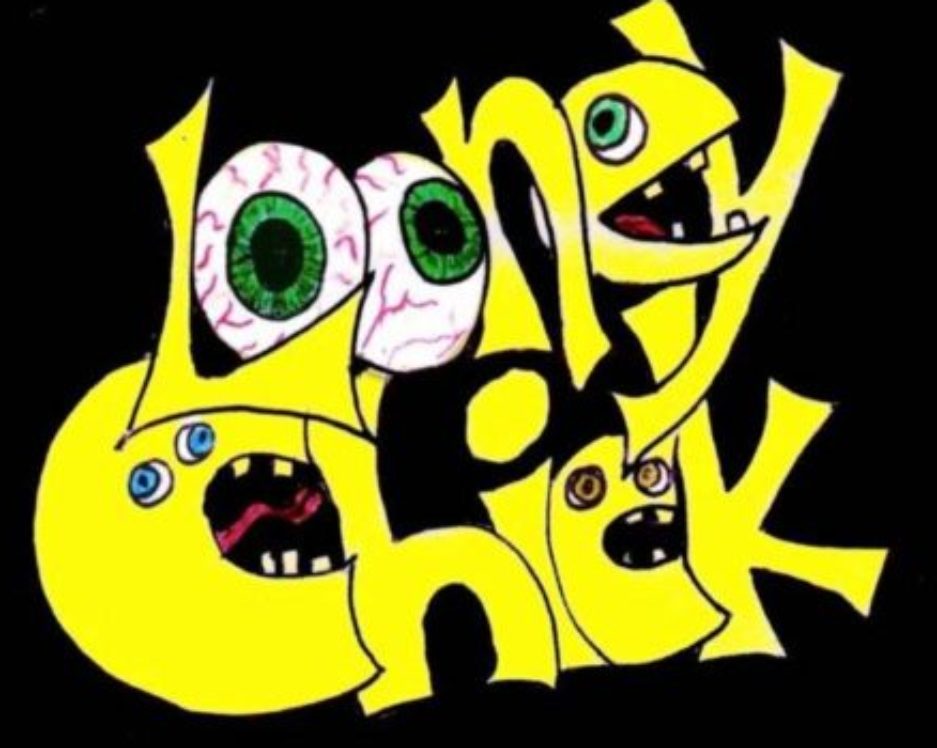
This week is Children’s Mental Health Week, and the Looneychick blog explores what’s good and bad in Children’s mental health in the UK.
The situation of children’s mental health?
According to NHS data analysed by the Royal College of Psychiatrists for BBC News, some 409,347 children needed help. Between April 2021 and October 2021, the number of children aged under 18 needing care increased by almost 80% compared to the same period in 2019.
The issues range from self-harm to eating disorders.
What’s good in children’s mental health?
The Government has since promised an extra £79m for improving mental health support in England, including 400 support teams by 2023. Still, the charity Children and Young People’s Mental Health Coalition has warned this will only cover about a third of England’s pupils.
The mental health charity Place2Be runs children’s Mental Health Week and, this year, they have teamed up with Bafta kids to organise two special virtual assemblies hosted by celebrity guests.
What’s bad in children’s mental health?
The problem is the lack of money in the UK available no matter what age you are. We all know previous governments have said they have pledged cash into mental health, but where exactly does it go? Towards psychiatric doctors who have no idea what they are talking about. I have been misdiagnosed. That’s how much psychiatric doctors help. Two or three mental health nurses or mentors could be employed on the salary of one doctor and his big fat pension!
A Cornish mother who has to keep her 17-year-old disabled son strapped in the car for 90 per cent of the day to keep them both safe, has made a desperate plea for help caring for him.
Matthew Harvey has a rare disability called Phelan McDermid Syndrome. He has a severe learning disability that gives him the cognitive ability of a two-year-old, he has autistic traits and it makes him aggressive.
Every day his mother, Sally calls to ask for help. Every day she is told there is nothing available. No residential care, no additional respite.
However, across the border in Devon, she had 70 hours a week of respite including overnight care. In Cornwall, she had just ten hours a week and no overnight care.
This proves that Cornwall is a particularly bad area in the UK for not only Children’s mental health but also for adults.
Where do we go from here?
You can get involved with raising awareness and money for mental health. However, the number of children suffering from mental health is increasing by the day, and it will continue to worsen if no new treatments and research are done.




